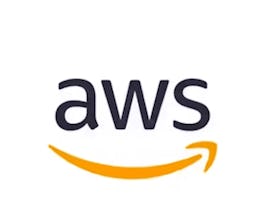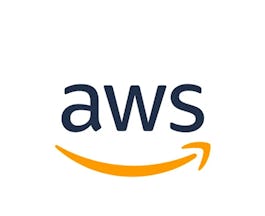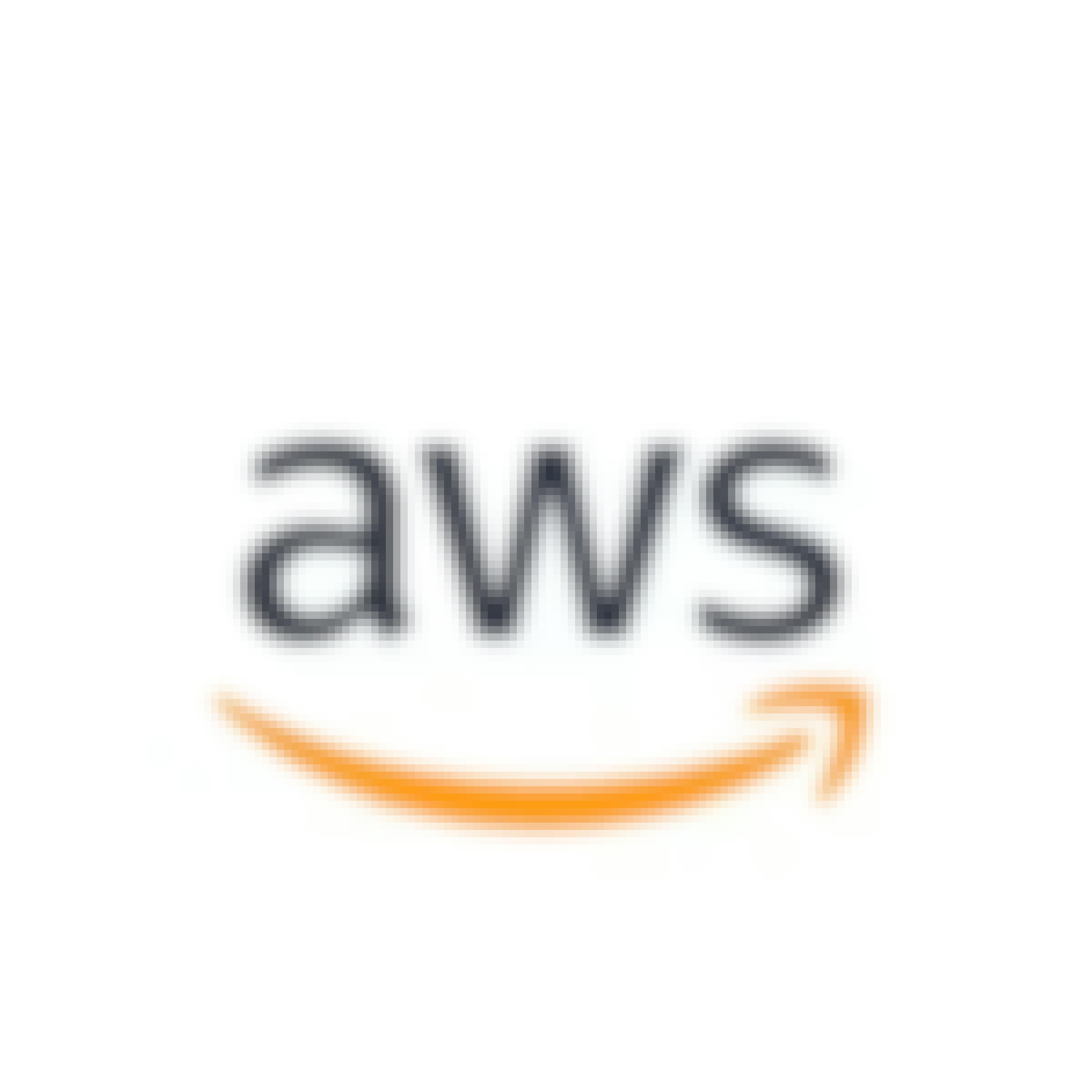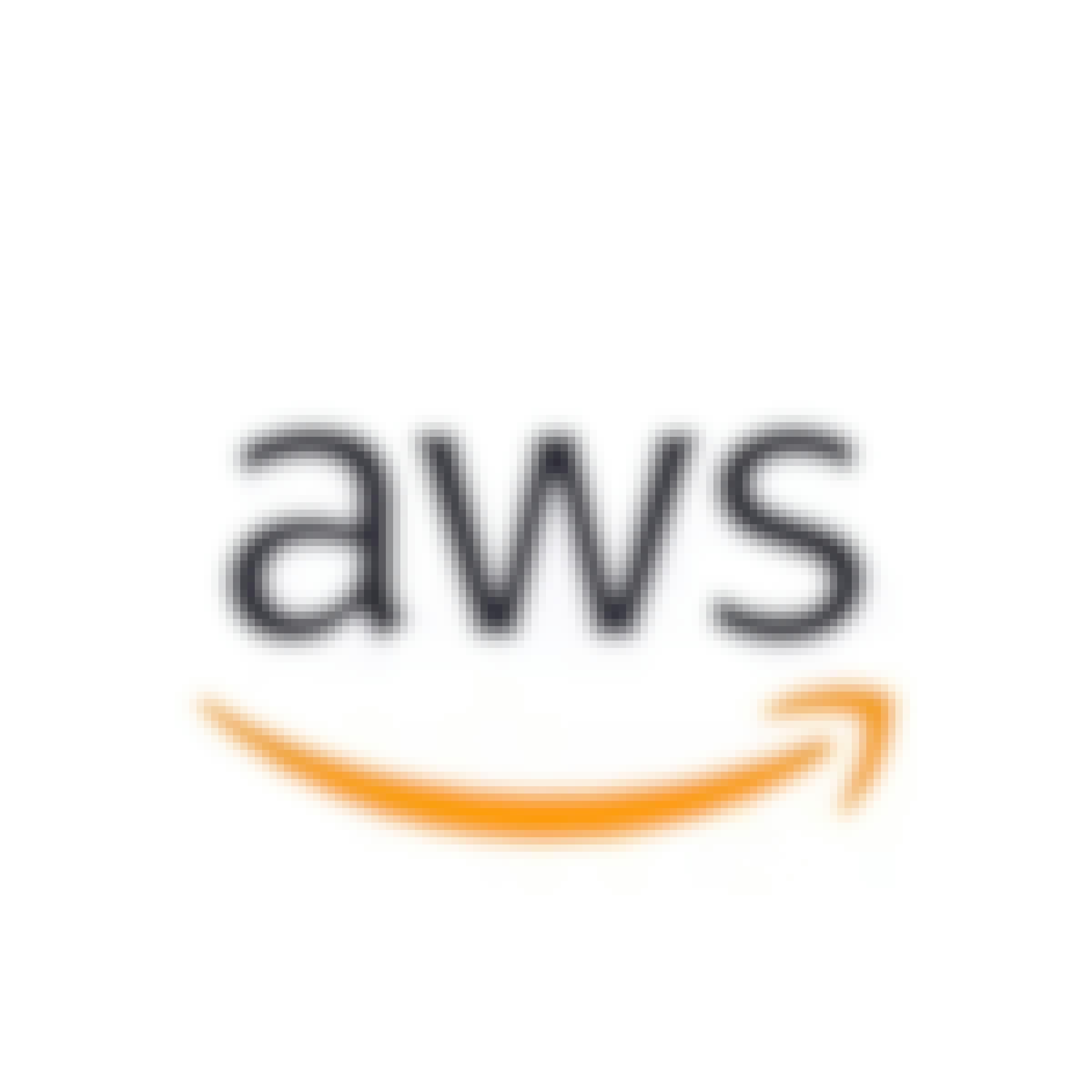Filter by
The language used throughout the course, in both instruction and assessments.
369 results for "aws"
 Status: Free
Status: FreeAmazon Web Services
 Status: Free
Status: FreeAmazon Web Services
 Status: Free
Status: FreeAmazon Web Services
 Status: Free
Status: FreeAmazon Web Services
 Status: Free
Status: FreeAmazon Web Services
 Status: Free
Status: FreeAmazon Web Services
 Status: Free
Status: FreeAmazon Web Services

Whizlabs
Skills you'll gain: Data Model, Machine Learning
 Status: Free
Status: FreeAmazon Web Services
 Status: Free
Status: FreeAmazon Web Services
 Status: Free
Status: FreeAmazon Web Services
 Status: Free
Status: FreeAmazon Web Services
In summary, here are 10 of our most popular aws courses
- Migrating from Microsoft SQL Server to Amazon RDS: Amazon Web Services
- Amazon Macie - Getting Started: Amazon Web Services
- Migrating from Apache Cassandra to Amazon Keyspaces: Amazon Web Services
- Amazon EMR Getting Started: Amazon Web Services
- Migrating from Oracle to Amazon Aurora: Amazon Web Services
- Amazon Aurora Service Primer: Amazon Web Services
- Getting Started with Amazon RDS for MariaDB: Amazon Web Services
- ML Algorithms: Whizlabs
- Introduction to Serverless Development: Amazon Web Services
- Migrating from Redis to Amazon ElastiCache: Amazon Web Services










